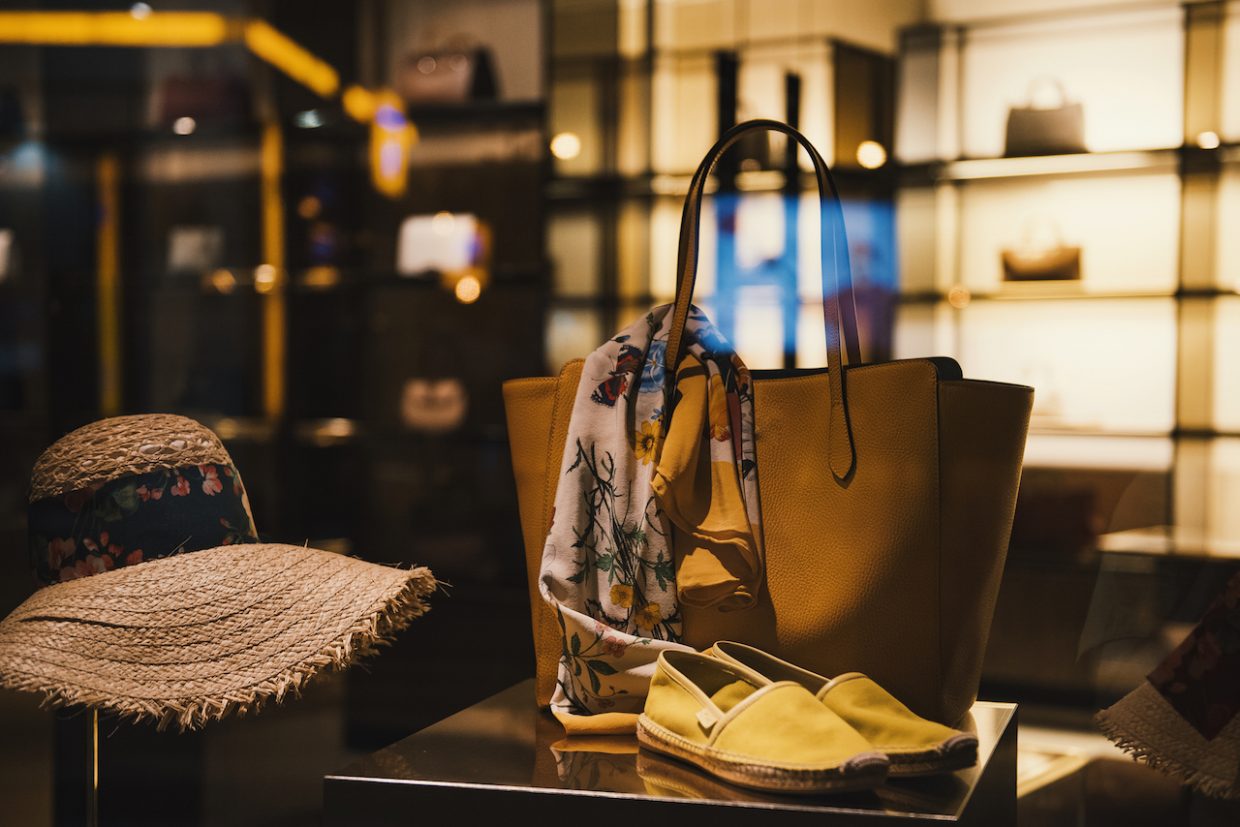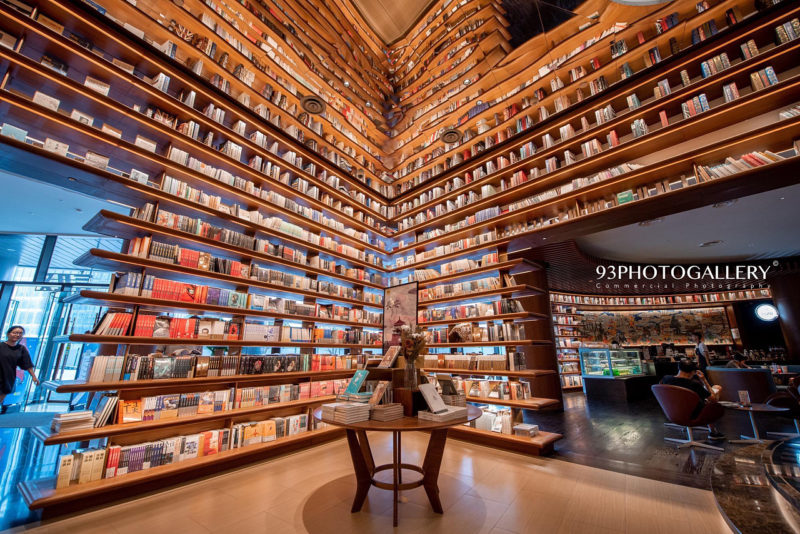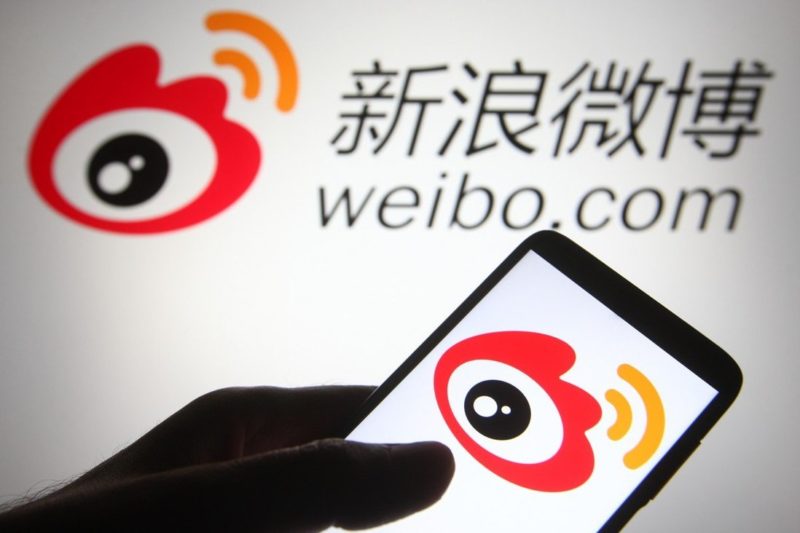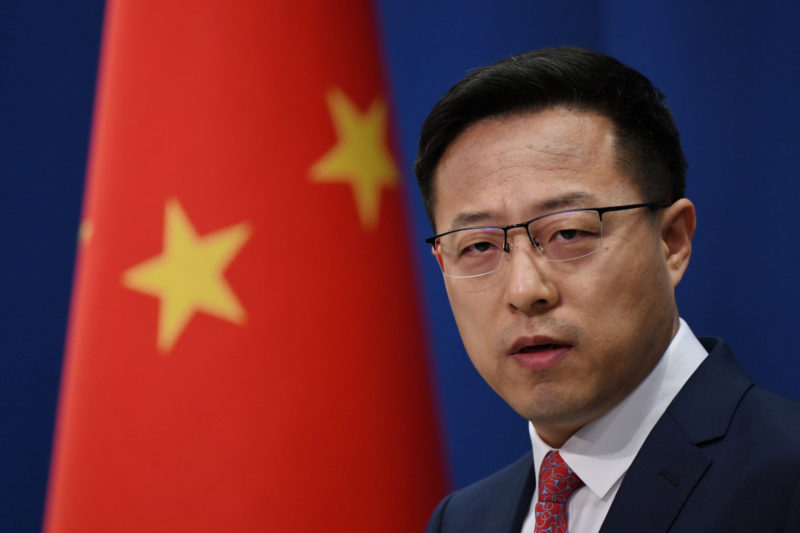It’s only a few days after the international winter apparel brand Canada Goose has been embroiled in controversy for a “discriminatory” return policy in mainland China. While the Canadian brand is still under fire, several other global luxury labels have also been called out recently for the same reason of double-standard return policy in China.
Included were also Burberry, Chanel, Dior, Hermes, and Louis Vuitton. Products sold by these brands at their physical stores are not refundable but some such as Hermes and Louis Vuitton, offer exchange service within 30 days from the date of purchase, given that the product is still in “good condition”.
For online purchases with Dior, Hermes, and Louis Vuitton, they can be returned “without reason within seven days” or exchanged within 30 days from the date of receipt. While Burberry offers the longest return period for online purchases for up to 30 days after the item has been delivered.
Compared to return policies in mainland China, overseas customers enjoy more flexible return and exchange services. Burberry and Hermes offer refunds or exchanges for overseas customers like those in America who made purchases online within 30 days from the date of arrival. So does Louis Vuitton’s policies in the US and UK, with a 14-day period given to consumers in Hong Kong.
Such differentiated services have understandably left consumers in mainland China with a sense of being unfairly treated, and thus, developing dissatisfaction with these international big names. Industry analysts observed that these differences in customer service lie in the maturity levels of luxury markets at home and abroad.
Wang Chikun, an independent economist pointed out that China’s luxury industry is at the stage of a “Seller’s Market”, which means these global conglomerates have relatively dominant power in making market rules. As the industry is still growing in prominence in China, there are yet few local brands that can compete with these international labels in the territory of luxury.
By contrast, the luxury industry in western countries has come to its maturity with brands facing much fiercer competition, optimising customer experience including the stage of after-purchase services has become a crucial strategy for luxury brands to win over consumers.
China now accounts for more than a third of the global luxury market and the share is expected to grow with China’s young consumers showing strong interest in buying luxury products and in fact, becoming a key driver of global sales of luxury goods. In the meantime, these young buyers are also more conscious of their rights as consumers especially when it comes to buying with big brands. It is, therefore, recommendable that established global brands should also show more respect for these new consumers by providing fairer market rules, which would benefit them in the long run as well.
Read more:









